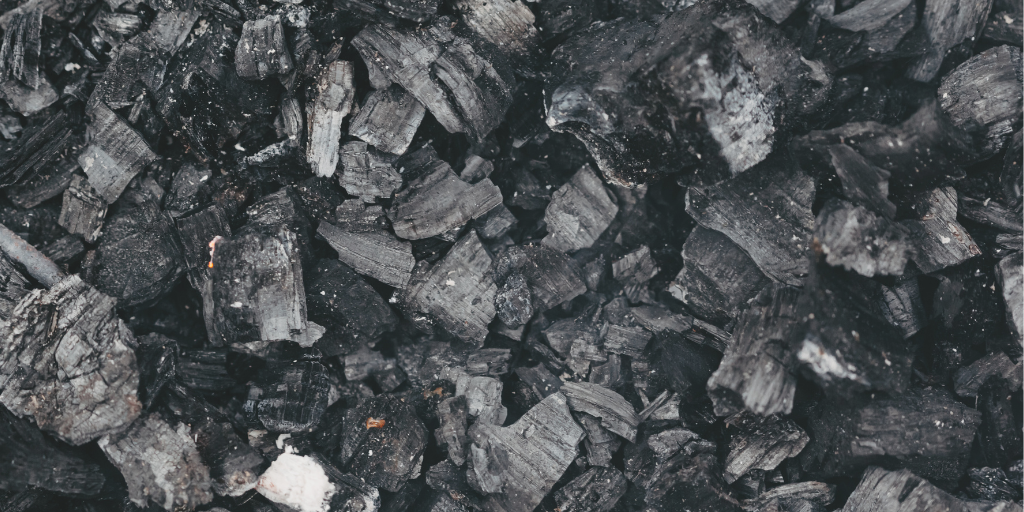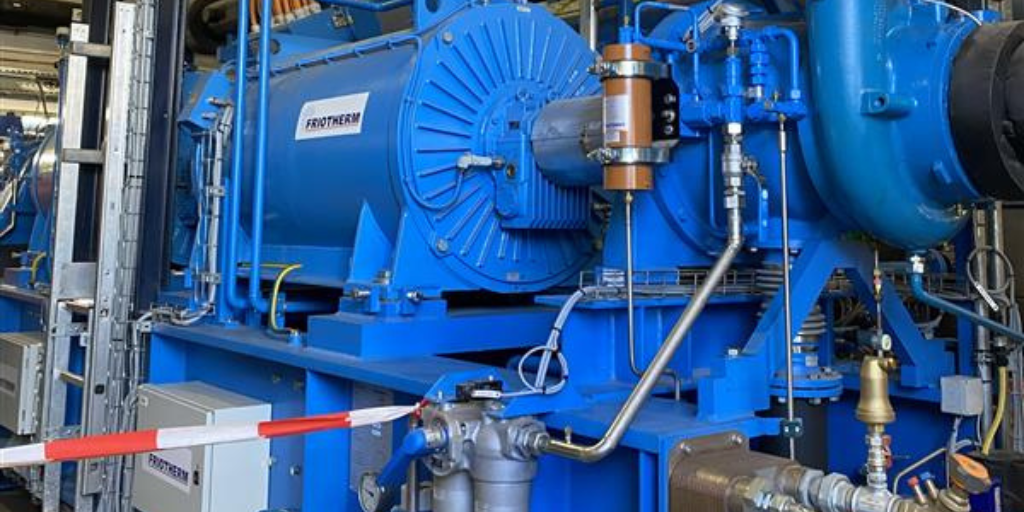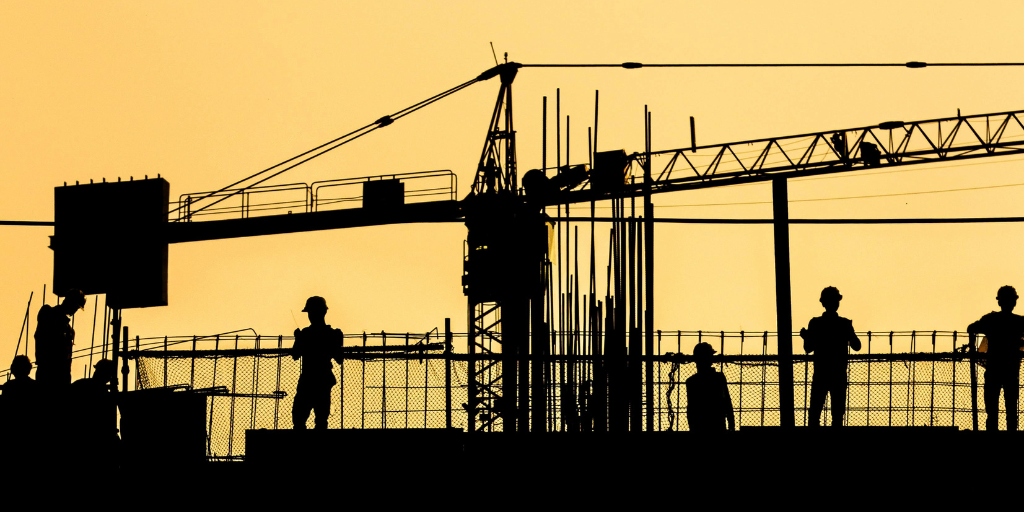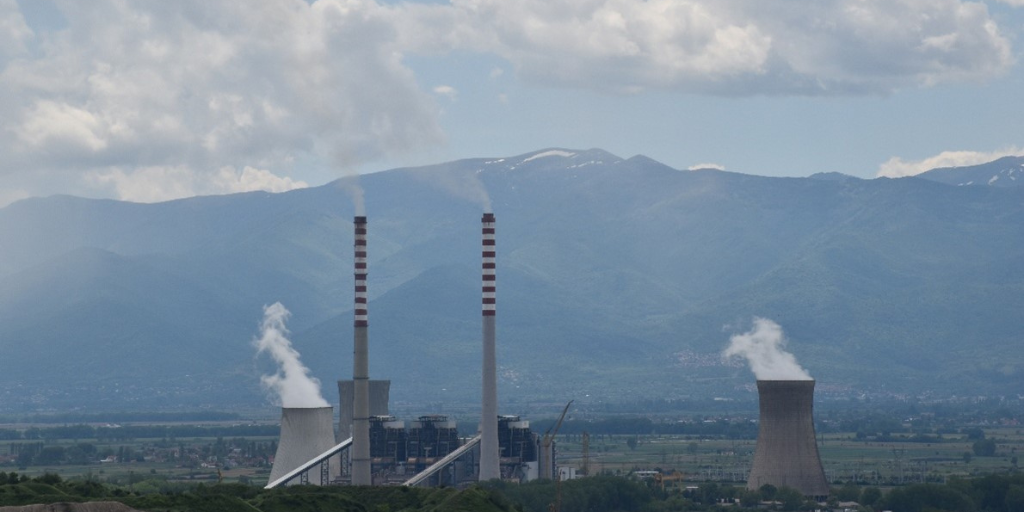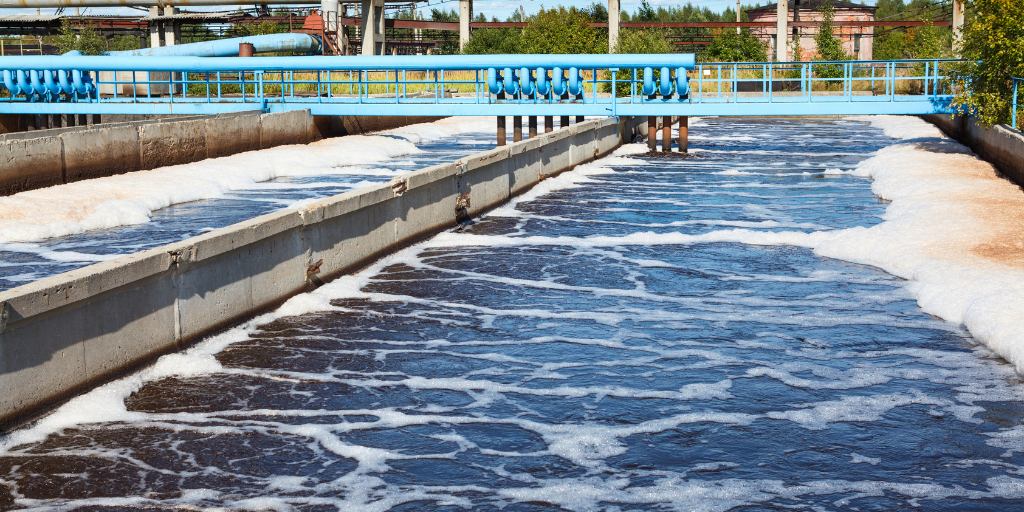CEE Bankwatch Network and Eko-svest have recently raised serious concerns regarding a proposed coal mining project in North Macedonia. The plan to open a new lignite mine in the Pelagonija region comes as a surprise, as the region is already affected by three other operating mines and the project contradicts the country’s coal phase-out commitments.
On 20 March 2025, Berlin marked a major milestone in its energy transition. Blockheizkraftwerks- Träger- und Betreibergesellschaft mbH (BTB) – one of the city’s district heating suppliers – officially burned coal for the last time at its Schöneweide district heating plant. This decisive step paves the way for a cleaner, smarter, and more collaborative energy future for the German capital – and beyond.
Latvia is rethinking how it allocates its EU cohesion policy funds, as growing security concerns linked to the regional geopolitical climate put pressure on previously agreed green investment priorities. But will this shift towards national defence undermine the country’s long-term environmental and climate goals?
Black wool over the EBRD’s eyes
May 13, 2025 | Read more
Based on the North Macedonian government and state-owned energy utility AD ESM’s supposed commitment to a green energy transformation and just transition, the EBRD is supporting ESM with liquidity loans and technical assistance. However, in a not unexpected turn of events, the company is moving forward with the opening of a new lignite mine.
Non-governmental organisations in Poland’s post-coal regions face several unique challenges. The specific socio-economic conditions prevalent in these areas often impede the growth of a fully professionalised and well-organised environment that allows civil society to thrive. Yet, despite these challenges, signs of progressive change are emerging.
Residents of Karaganda, a major industrial city in central Kazakhstan, originally welcomed plans to modernise the larger of its two wastewater treatment plants with the help of a loan from the European Bank for Reconstruction and Development (EBRD). However, the design of the project – revealed during public hearings – has prompted significant concerns among both citizens and experts. Over the past year, a local civil society organisation has been advocating for a review of the design, highlighting technical flaws and violations of stakeholder engagement obligations.
